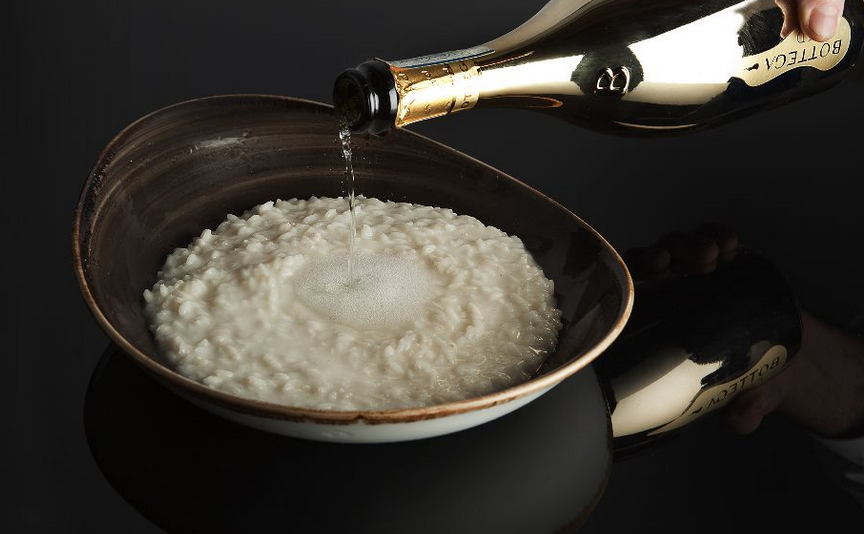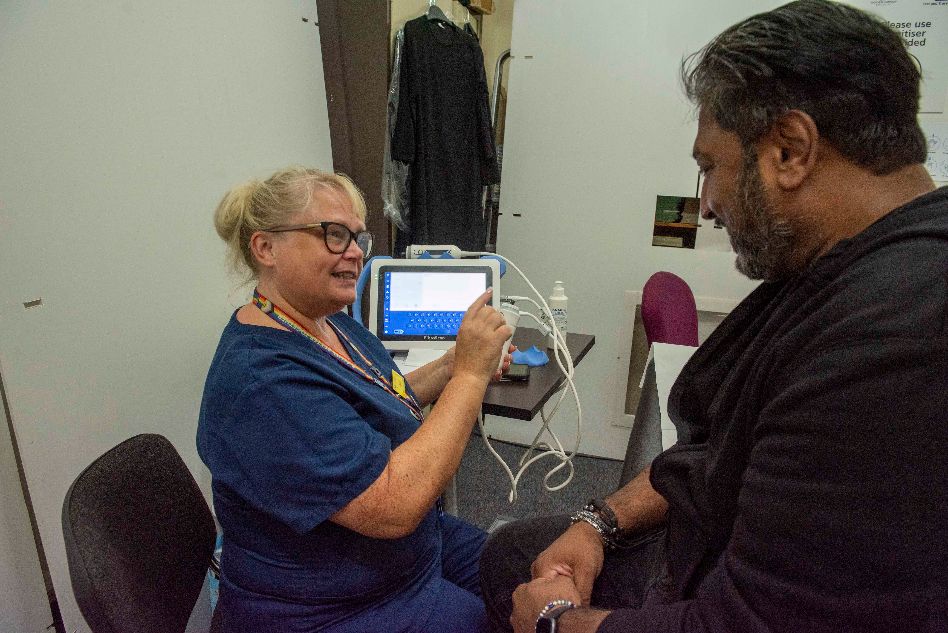Businesses across Greater Birmingham have been “remarkably robust” to fight off the impact of global political and economic uncertainty, a new quarterly survey reveals.
The survey by Greater Birmingham Chambers of Commerce (GBCC) for the second quarter of 2018 shows a welcome upturn across the board in the fortunes of businesses in the region.
This is coupled with a rise in recruitment levels for firms in both the manufacturing and service sectors and high profitability and turnover predictions marked confidence
at its highest level since the summer of 2016.
And despite businesses being under pressure to raise prices, optimism remains high especially for the next 12 months.
Paul Faulkner (pictured), chief executive of the GBCC, said: “The Q2 Quarterly Business Report reveals an underlying confidence among firms across the region.
“Not only did we see a rise in domestic and international output, but we also saw an increase in hiring along with greater levels of investment in machinery and training.
“This level of remarkably robust optimism was perhaps best reflected in highly encouraging profitability and turnover projections for this quarter.
“Nevertheless, it was noticeable that concerns over business rates had become more apparent for local companies in the last three months along with difficulties in accessing low skilled workers.”
Mr Faulkner added that heading into the second half of the year, “it is clear that geo-political uncertainty continues to cloud the economic landscape across the globe”.
He added: “The deterioration of trade relations between the USA and China coupled with the American imposition of tariffs on steel and aluminium imports from the EU is undoubtedly creating challenging trading conditions for businesses across the country. In particular with Brexit now less than 12 months away.”
On the domestic front a balance of 45 per cent recorded an increase in their domestic bookings, slightly down from the 46 per cent in the previous quarter.
However, the percentage of firms reporting a decrease in their UK output fell from 14 per cent in Q1 to 12 per cent in Q2, which lead to a minor uplift of the overall balance score.
The manufacturing balance score went up by 10 points to 58, having been anchored in negative territory at 48 in Q1. The key driver behind the uplift was that 38 per cent of manufacturers reported an increase in their advanced UK orders.
Mr Faulkner added: “It is hard to downplay the fact that the UK suffered its weakest period of GDP growth in five years in Q1 and clearly the Government needs to be bold in stimulating growth – notably by investing in first-class infrastructure projects and upskilling our workforce in a bid to unlock future prosperity across the region.”
The export demand balance went up by one point – ending a six-month period of stability despite a greater number of firms in both sectors revealing a drop in their export output over the past three months.
Export forecasts remain steady, with combined projections for advanced international orders in the two sectors staying at 63 for the second consecutive quarter.
Thirty-four per cent of businesses in both sectors added to their workforce, the largest percentage registered since the end of 2016.
Business confidence was encouragingly high with 30 per cent of companies increasing their investment plans for capital expenditure over the last three months (up from 22 per cent in Q1),
Julian Beer, deputy vice-chancellor at Birmingham City University, who sponsor the report, commented: “The survey indicated increased demand from both domestic and foreign markets in Q2 of 2018, feeding into stronger cash flow, more positive future sentiments and increased investment plans.
“Encouragingly, employment demand also remained robust, and firms experienced fewer difficulties with recruitment. There was a more mixed picture with inflation expectations, however, with services seeing a fall in expectations, but inflationary pressures remaining more elevated for manufacturers, stemming from the increase in raw material costs.
“The largest external factor of concern was competition, whilst business rates were also increasingly raised as a point of issue for responding businesses.”
















